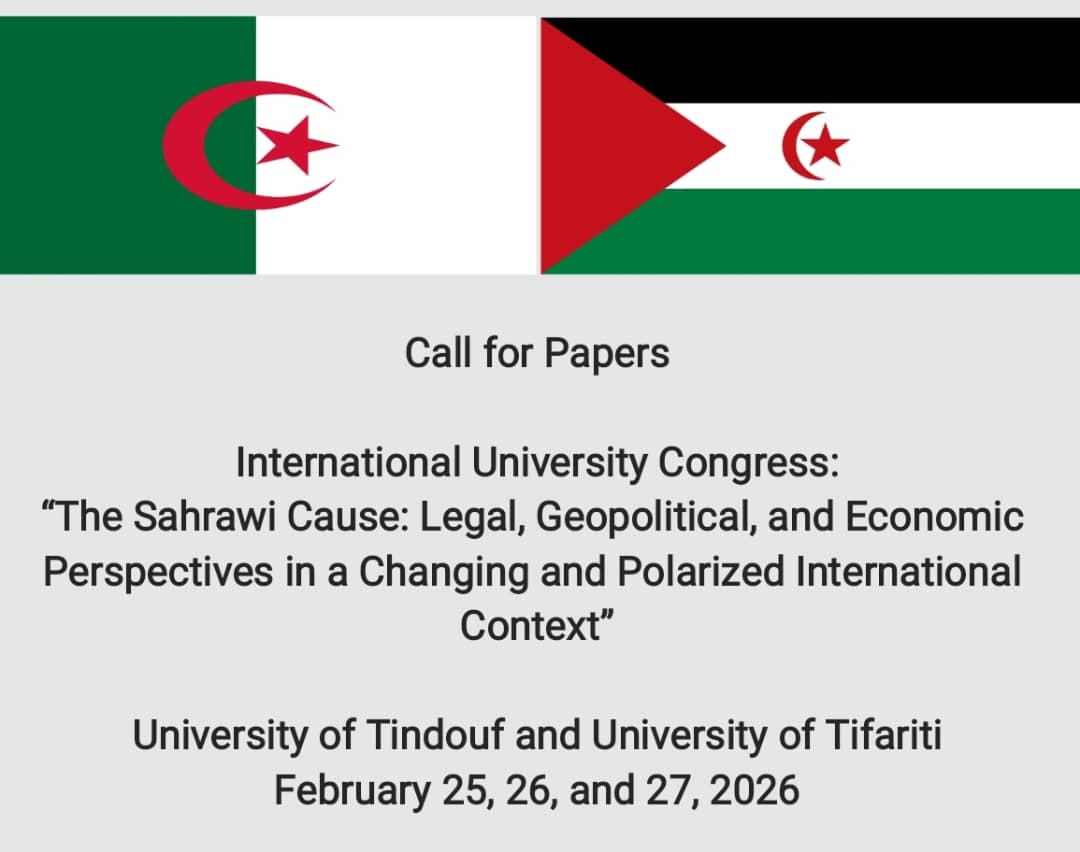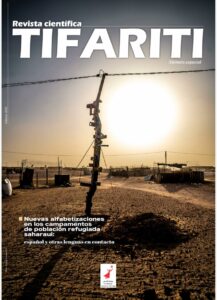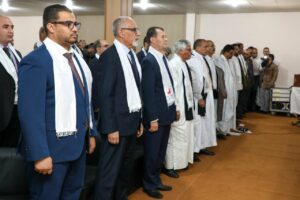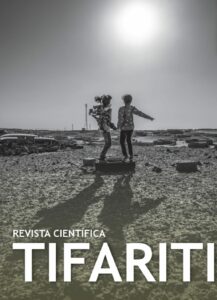Call for Papers
International University Congress
“The Sahrawi Cause: Legal, Geopolitical, and Economic Perspectives in a Changing and Polarized International Context”
University of Tindouf and University of Tifariti
February 25, 26, and 27, 2026
The cause of the Sahrawi people constitutes one of the longest unresolved decolonization issues of our time. Their legitimate aspiration to self-determination has been systematically obstructed by factors stemming from the ineffectiveness of the United Nations system and by the alignment of certain permanent members of the Security Council with the occupying power, Morocco.
In the current global scenario—marked by increasing polarization, the emergence of new international actors, and a deep crisis in multilateralism—the Sahrawi cause faces particularly complex challenges. Among these are attempts to normalize situations contrary to international law; the proliferation of resolution proposals that ignore or violate United Nations legal frameworks; and the dissemination of narratives seeking to distort the reality of the conflict or minimize its legal and humanitarian implications. These have been further aggravated by the resumption of war in the territory since November 2020, following Morocco’s violation of the military agreement that regulated the ceasefire signed by both parties.
Adding to this is a particularly concerning dimension with deeply negative repercussions: the systematic attempt to erode the collective Sahrawi identity through the imposition of a process of cultural “Moroccanization” in the Occupied Territories. The ongoing plundering of the territory’s natural resources and the forced demographic changes promoted by the Moroccan occupation authorities—along with systematic human rights violations and the information blockade imposed on the region—constitute serious breaches of international humanitarian law and fundamental rights of the Sahrawi people. This situation is compounded by the suffering of the other part of the Sahrawi population that has lived as refugees for more than fifty years.
These realities demand rigorous, committed, and multidisciplinary academic analysis that contributes to making the magnitude of the conflict visible and to reclaiming legitimate avenues for its resolution within the university community and higher education in general.
In this context, the International University Congress, “The Sahrawi Cause: Legal, Geopolitical, and Economic Perspectives in a Changing and Polarized International Context”, jointly organized by the University of Tindouf (Algeria) and the University of Tifariti (Sahrawi Arab Democratic Republic), to be held on February 25, 26, and 27, 2026, at both universities’ campuses, and coinciding with the 50th Anniversary of the Proclamation of the SADR, is conceived as a space for encounter, reflection, interdisciplinary dialogue, and solidarity with the Sahrawi people.
The congress seeks to foster collaboration among lecturers, researchers, academics, and students, with the aim of offering complementary perspectives on the Sahrawi cause and its insertion within contemporary global dynamics.
The general objective of the congress is to contribute to the consolidation of critical thinking and to the strengthening of academic debate on the question of Western Sahara, from a perspective that integrates its legal, geopolitical, media-related, cultural, and historical dimensions.
This event also reaffirms the commitment of the academic community to justice, the defense of international legality, and the promotion of peoples’ rights to self-determination and full sovereignty over their territory and natural resources.
Finally, it is important to note that participation in the congress will be in person, and that papers will be accepted in Arabic, Spanish, and English.
Thematic Areas / Tracks
Submissions should fall under one of the following thematic axes:
- Legal aspects of the Sahrawi cause: international law, decolonization, human rights, and natural resources.
- The Sahrawi cause in a polarized world: geopolitics, new global alignments, and the multiplication of actors.
- Media and the construction of counter-narratives: disinformation, media activism, and digital diplomacy.
- Culture and anthropology of the Sahrawi people: identity, resistance, and intangible heritage.
- Contemporary history of Western Sahara and historical memory.
- State, institutions, and public service management in the SADR: education system, public health, and civil society organizations, among others.
Forms of Participation:
Researchers, lecturers, postgraduate students, and activists are invited to submit abstracts of their papers (250–300 words), indicating the chosen thematic area, full name, institutional affiliation, and contact email. Abstracts may be written in Arabic, Spanish, or English.
Authors whose submissions are accepted will be contacted regarding available scholarships, visa applications, and other logistical matters.
Deadlines and Submission:
Abstract submission deadline: December 31, 2025
Submission email: centro.investigación@utifariti.org




